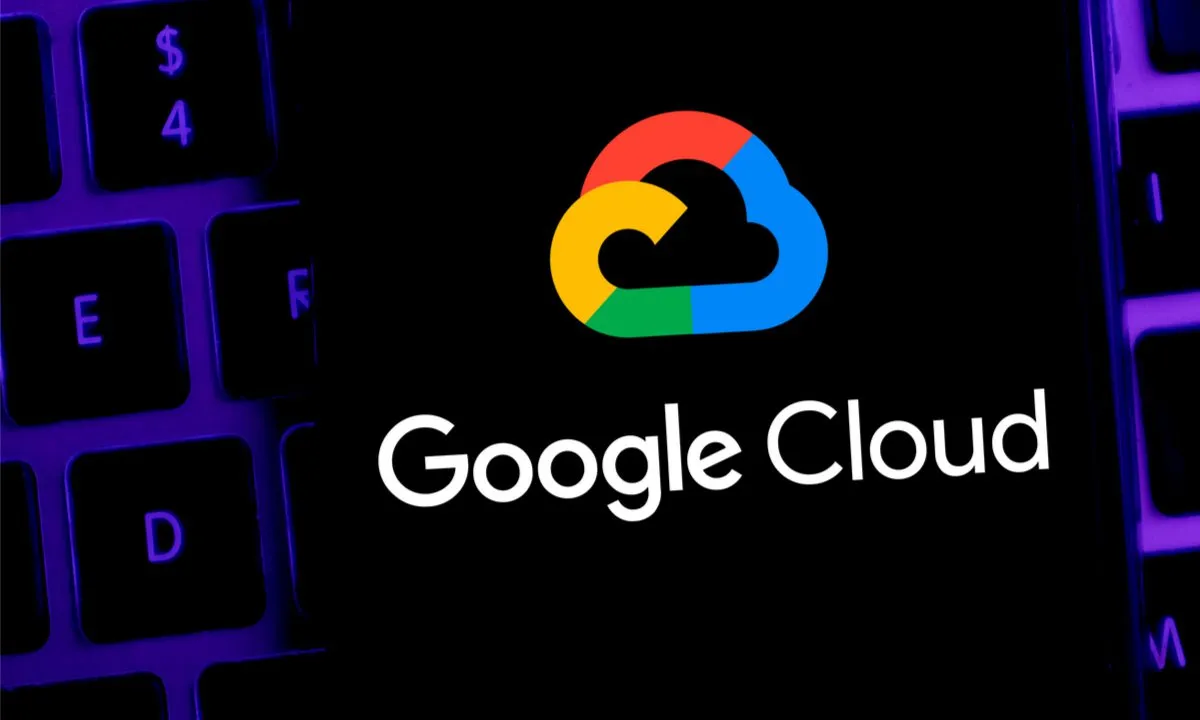
Google Cloud recently unveiled a new Web3 portal designed to provide blockchain developers with extensive resources, including data sets and comprehensive tutorials on creating nonfungible tokens (NFTs). However, the launch has elicited mixed reactions from the cryptocurrency community.
Features of Google Cloud’s Web3 Portal
The new Web3 portal aims to serve as a hub for blockchain developers, offering access to various products and the ability to deploy and test decentralized applications on Ethereum testnets such as Sepolia and Holesky. Developers can also obtain testnet tokens through the portal, facilitating a practical environment for experimentation and development.
The portal includes a structured learning program featuring tutorials on developing NFTs, implementing Web3-based loyalty programs, and securing digital assets using multi-party computation techniques. These resources are intended to enhance the technical capabilities of developers engaging with blockchain technologies.
Industry Reaction: A Spectrum of Opinions
The response from the cryptocurrency industry has been varied. Phil Geiger, Vice President of Product Marketing at Unchained, critiqued the portal for not supporting Bitcoin and its lightning network, considering it a significant oversight given Bitcoin’s prominence in the crypto space. His concerns were echoed in an X post dated April 25.
Conversely, Ivaibi Festo, founder of Mitroplus labs, praised the portal on April 25 as a “comprehensive resource,” highlighting its potential to support developers in navigating the complex landscape of Web3 development.
Pseudonymous crypto trader MartyParty expressed dissatisfaction on April 26, suggesting that Google is trailing behind other tech giants in the Web3 space, as shared with his 80,700 followers on X.
Google’s recent initiatives indicate a strong commitment to integrating Web3 technologies into its ecosystem. The tech giant has introduced features that allow users to search wallet balances across multiple blockchains, including Bitcoin, Arbitrum, Avalanche, Optimism, Polygon, and Fantom.
In early 2024, Google updated its policies to permit advertising for specific crypto products, such as Bitcoin ETFs, on its platforms. This move is part of Google’s broader strategy to embrace and foster the growth of digital assets and blockchain technology.
Partnerships and Integrations
In preparation for the launch of the Web3 portal, Google has been active in establishing significant partnerships. In October 2023, Google Cloud’s BigQuery data warehouse integrated with MultiversX to aid Web3 projects in leveraging powerful data analytics and artificial intelligence tools within Google’s infrastructure.
Additionally, in September 2023, BigQuery expanded its blockchain network support by adding 11 new networks, including prominent platforms like Avalanche, Arbitrum, and Polygon. These integrations enhance the analytical capabilities available to developers and contribute to a richer, more interconnected Web3 ecosystem.
Google Cloud’s Web3 portal represents a significant step forward in supporting blockchain developers with the tools and resources needed to innovate within the crypto space. While the portal has received a mixed reception, its potential to influence the development of Web3 technologies is considerable. As Google continues to expand its offerings and partnerships in the blockchain sector, it remains a key player in shaping the future of decentralized technologies.
Featured image credit: PYMNTS
